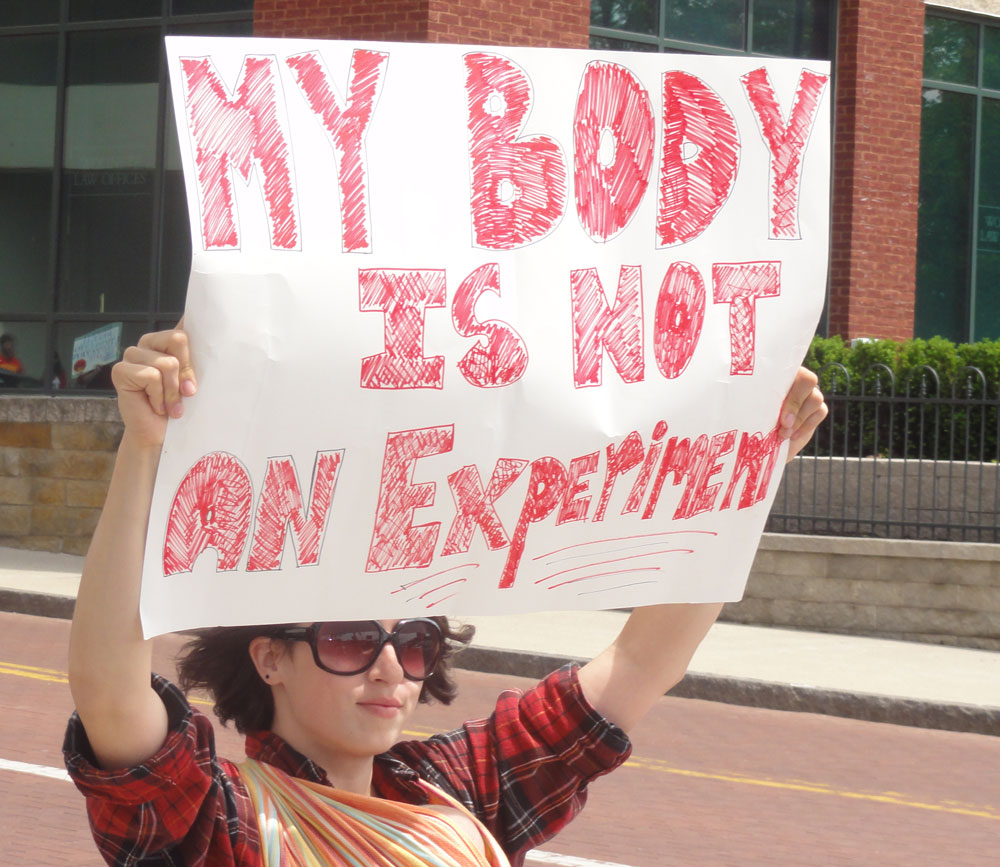
Our Investigation of Big Food and Its Front Groups
Monsanto and its partners use so-called “independent” third-party scientists and professors to deliver their PR messaging. Since the companies themselves are not credible messengers, they use these scientists and professors as sock-puppets to shape the media narrative on food issues, particularly GMOs.
This is a key part of Big Food’s PR strategy. The agrichemical and food industries are spending vast sums of money to convince the public that their food, crops, GMOs, additives and pesticides are safe, desirable and healthy.
September 5, 2015 | Source: U.S. Right To Know | by Gary Ruskin
U.S. Right to Know is conducting an investigation into the collusion between Big Food, its front groups, and university faculty and staff to deliver industry PR to the public.
That investigation is ongoing. Thus far, it has been fruitful, as today’s New York Times article shows.
The Times article links to emails obtained via state Freedom of Information Act requests filed by U.S. Right to Know. These emails reveal how Monsanto and its partners use so-called “independent” third-party scientists and professors to deliver their PR messaging. Since the companies themselves are not credible messengers, they use these scientists and professors as sock-puppets to shape the media narrative on food issues, particularly GMOs.
This is a key part of Big Food’s PR strategy. The agrichemical and food industries are spending vast sums of money to convince the public that their food, crops, GMOs, additives and pesticides are safe, desirable and healthy.
U.S. Right to Know has filed state Freedom of Information Acts requests to try to obtain the emails and documents of 43 public university faculty and staff, to learn more about this public relations effort. Thus far, we have received documents in nine of these requests. So, most of the documents are likely still to come. Some may arrive next week, others may perhaps take a year or even more to arrive.
We have requested records from scientists, economists, law professors, extension specialists and communicators. All work in public institutions, funded by the taxpayers. We believe the public deserves to know more about the flow of money and level of coordination between public university scientists and other academics, and the agrichemical and food companies whose interests they promote.
